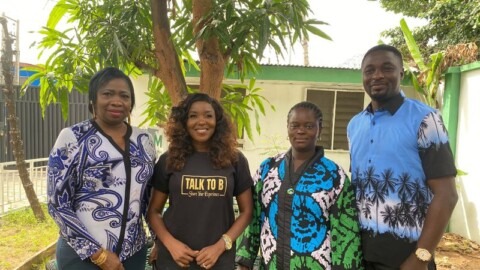Paula Abdul and Nigel Lythgoe, former producer of American Idol, have reached a settlement in a lawsuit where Abdul alleged she was sexually assaulted by Lythgoe during their time working together on the show.
The agreement was disclosed in a filing submitted to the Los Angeles Superior Court on Thursday, with Abdul expressing relief at the resolution. “This has been a long and hard-fought personal battle,” Abdul, now 62, said in a statement on Friday. “I am grateful that this chapter has successfully come to a close.”
Abdul reflected on her experience, hoping it would serve as an example for others facing similar challenges. “I hope my experience can inspire other women to overcome their own struggles with dignity and respect, so they too can turn the page and begin a new chapter of their lives,” she added.
The lawsuit, filed in December of last year, detailed two incidents of alleged assault spanning a decade, both of which Lythgoe denied. The terms of the settlement were not disclosed, and the agreement remains subject to judicial approval.
Nigel Lythgoe, 75, issued a separate statement addressing the settlement. “We live in a troubling time where a person is now automatically assumed to be guilty until proven innocent, a process that can take years,” he said.
“That is why, like Paula, I am glad to be able to put this behind me. I know the truth, and that gives me great comfort.” Lythgoe had previously described the accusations as an “appalling smear,” expressing shock and sadness when the lawsuit was initially filed.
The lawsuit alleged two specific instances of misconduct. The first claim stated that Lythgoe groped Abdul in an elevator at their hotel in 2002 after a day of filming auditions for American Idol, where Abdul served as a judge. A second allegation detailed an encounter in 2012 when Abdul was a judge on So You Think You Can Dance.
Abdul claimed Lythgoe forced himself on top of her during a dinner at his home and attempted to kiss her. Lythgoe stepped down as a judge on So You Think You Can Dance earlier this year, citing his intent to focus on clearing his name and rebuilding his reputation.
Lythgoe, originally from the Wirral in England and now based in Los Angeles, has been a prominent figure in the entertainment industry. As part of the executive team that launched American Idol in 2002, Lythgoe helped shape one of the most influential talent shows in television history.
He also served as a judge on ITV’s Popstars, which famously launched the band Hear’Say. In 2015, Lythgoe was awarded an OBE for his contributions to performing arts, education, and charity, solidifying his legacy in the field.
While both parties expressed a desire to move forward, the settlement represents a significant moment in their professional and personal lives. Abdul’s decision to speak out highlights ongoing conversations about misconduct in the entertainment industry, a subject that has dominated headlines in recent years.
Meanwhile, Lythgoe’s focus on restoring his reputation underscores the complexities of navigating public allegations and the legal system.
As the entertainment world reacts to the news, a representative for Nigel Lythgoe has been approached for comment. The resolution of this case closes a contentious chapter for both Abdul and Lythgoe, though its broader implications for the industry remain to be seen.
Both individuals are likely to continue facing scrutiny as they attempt to rebuild their respective careers and move past this legal dispute.






